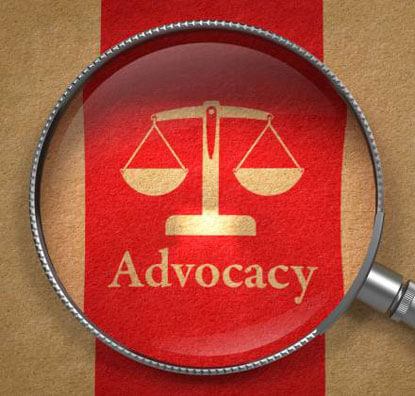Summary: Thousands of settlement checks from an Apple warranty class action suit have expired. A judge has decided to hold the funds in government trusts.
Thousands of claimants have failed to cash their settlement checks from a class action lawsuit involving Apple, The Recorder reports. Now, a federal judge has ordered that close to $4.6 million in unclaimed funds will go to state government trusts for safekeeping. Judge Richard Seeborg said that the situation was “wholly unanticipated.”
The first patent lawsuit has been filed over the Apple watch.
Apple was ordered to pay $53 million to settle claims that it wrongly denied warranty coverage to iPhone and iPod users. Apple denied such warranty claims due to false indications that the iPhones or iPods had gotten wet. According to Wired, claims were denied if a white indicator tape inside the phone had turned pink or red. 3M, the tape manufacturer, explained that humidity alone could have caused the tape to change color. Roughly 165,000 customers were to receive a settlement of $240, on average.
In February, Apple was ordered to pay over $500 million for patent infringement.
However, after the checks were mailed, around 19,000 claimants let the checks expire. Judge Seeborg was torn as to what to do about the unclaimed funds, especially since the issue was not addressed in the settlement agreement. Judge Seeborg noted that “each of the un-cashed checks was for a non-trivial sum of money.”
Lawyers disagreed on the issue. Chimicles & Tikellis, the firm representing the plaintiffs, argued that the money should be redistributed to those who did cash their checks. Fazio Micheletti, co-lead plaintiffs’ counsel, said that the money should be given to consumer advocacy organizations that were designated in the agreement as cy pres recipients. Apple’s attorneys with Morrison & Foerster claimed that it should be held in trust in varying state governments until it is claimed. They argued they should not have to pay expenses associated with another distribution.
Ultimately, Judge Seeborg ruled for Apple, noting that custodial escheat “most nearly serves the goal of providing direct compensation to the class members.”
Apple has also been sued over storage issues that emerged in iOS 8.
Jeffrey Fazio of Fazio Micheletti said that he doubts class members will ever see the money. He added that the attorneys actually mailed the checks directly to Apple customers, without requiring the submission of a claim. He explained, “Most of the time in class action settlements there’s one hoop after another that class members have to jump through. We made it as easy as it could possibly be.” Fazio opined that many class members were not expecting the checks, and probably tossed them out, thinking they were junk mail.
According to the Apple Warranty Settlement website, the checks were mailed in September of 2014.
Source: The Recorder
Photo credit: gizmoville.com

















































